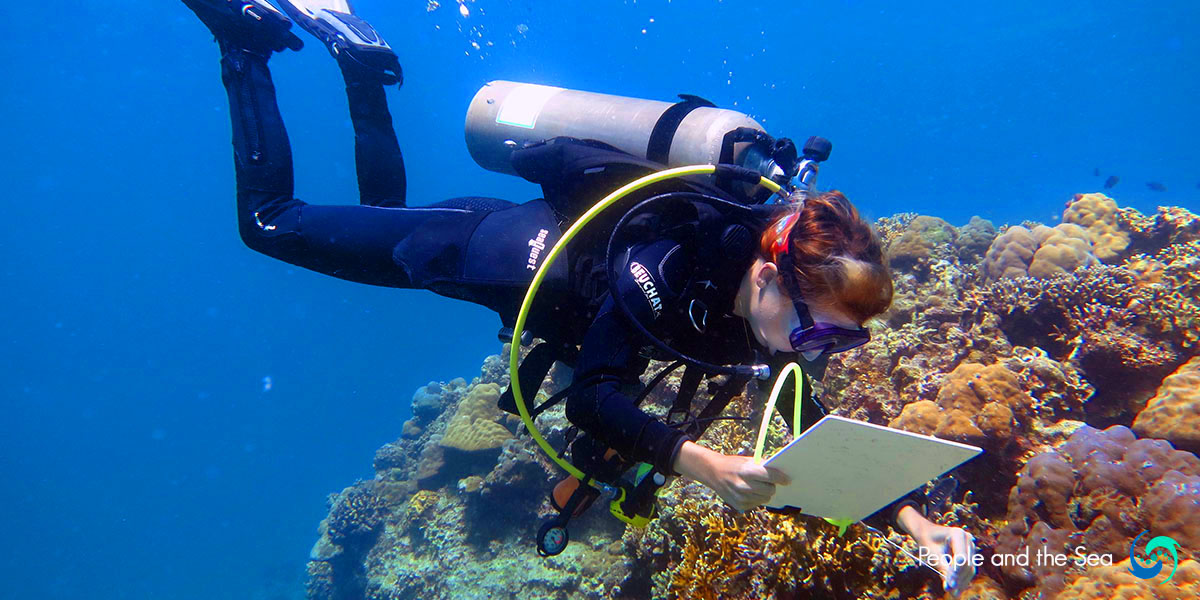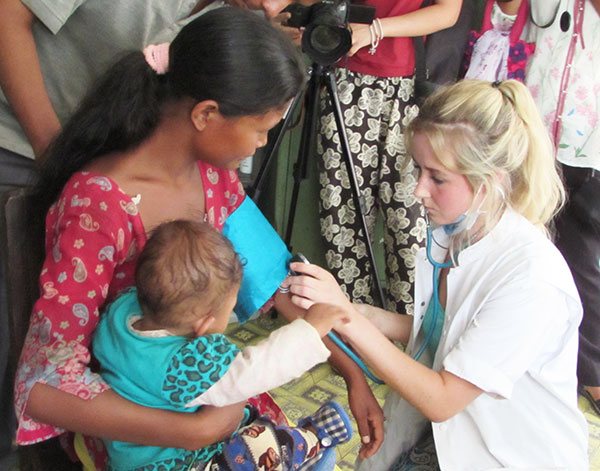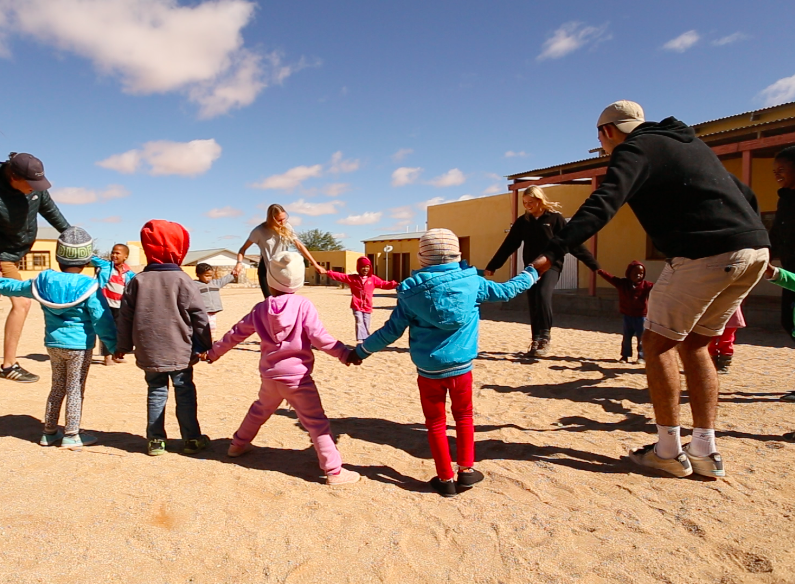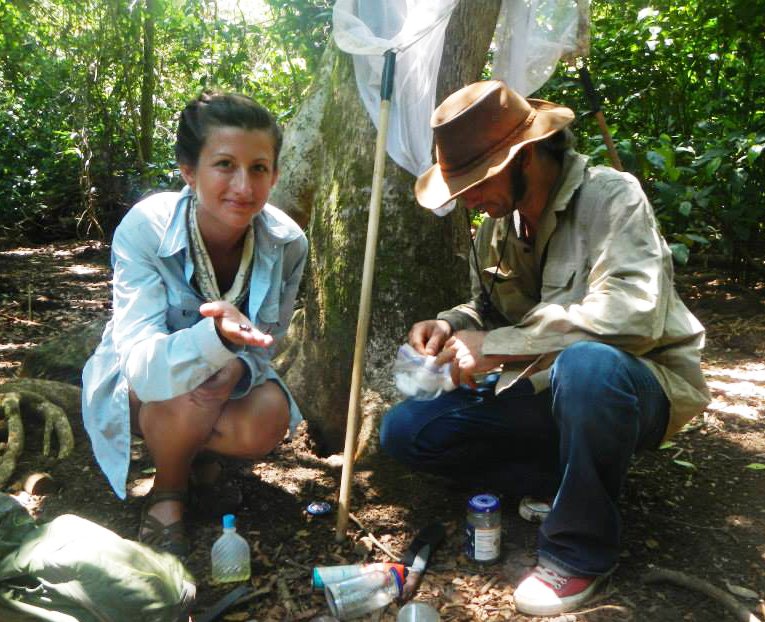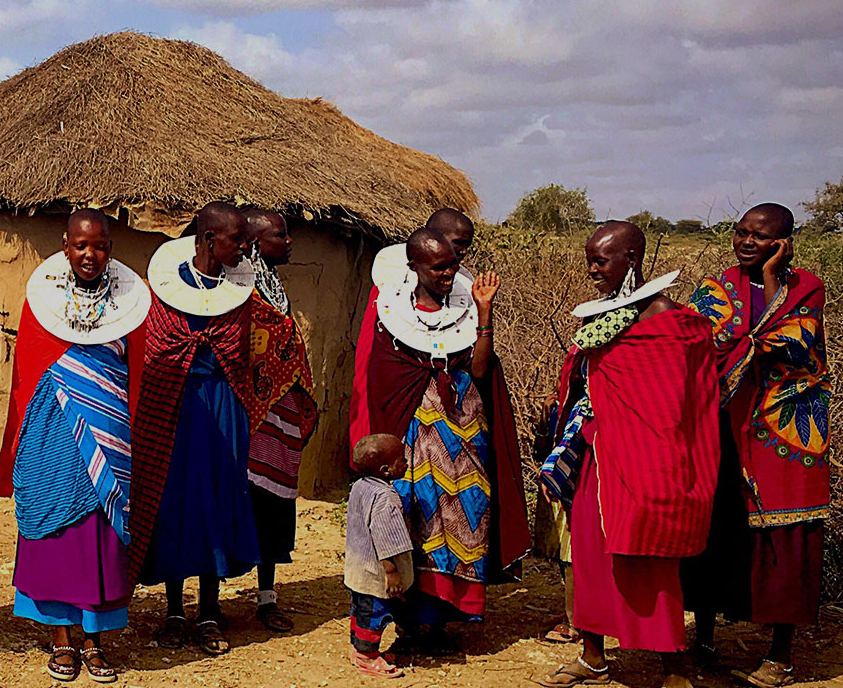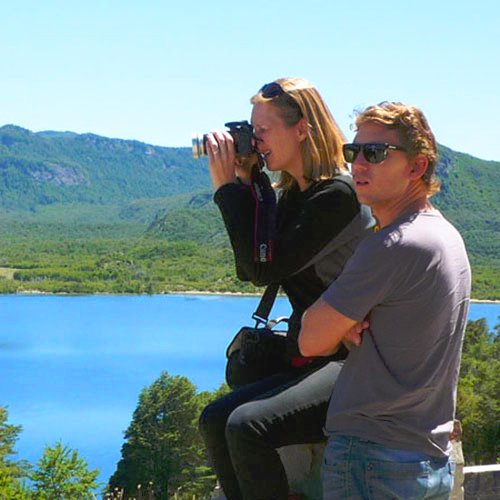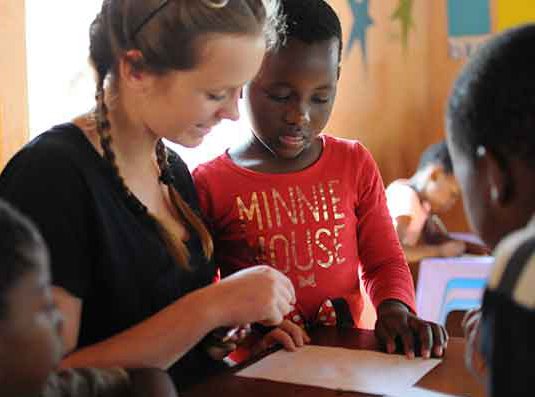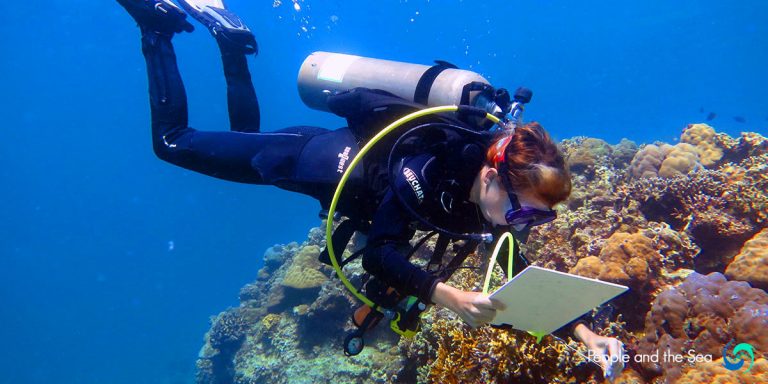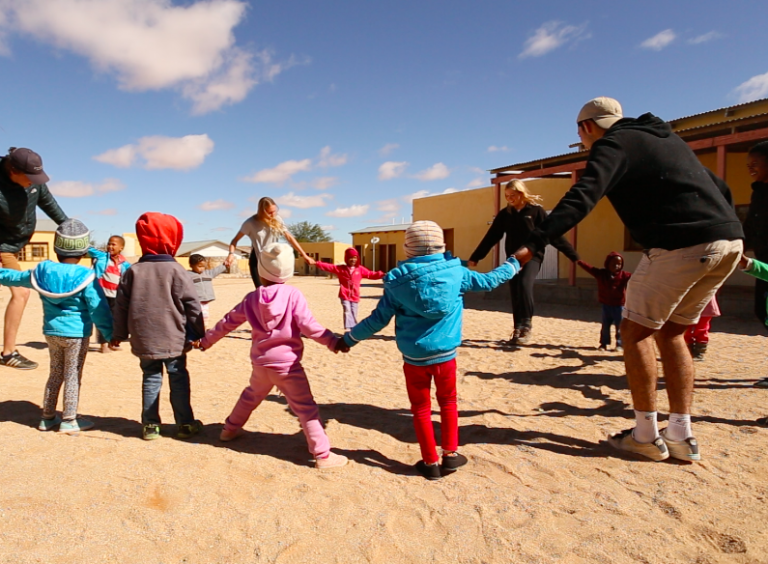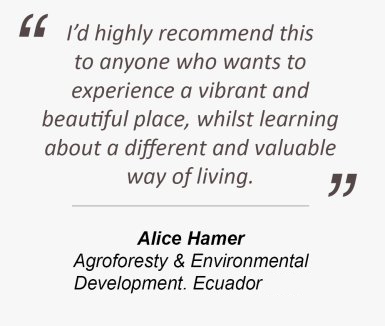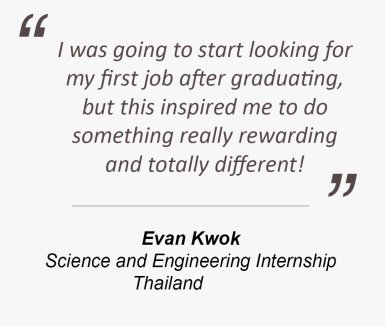Access incredible global internships
Our organization provides unparalleled opportunities for individuals seeking international internships, TEFL courses, and volunteer abroad placements. With over a decade of experience since our establishment in 2009, we have successfully facilitated the participation of more than 10,000 interns, volunteers, and TEFL teachers on impactful projects in over 40 countries worldwide.
Our partnerships with organizations focused on Human Rights & Social Sustainability, Environmental Conservation, and Wildlife Rehabilitation allow us to offer placements that make a real difference in these fields. We take pride in connecting our participants with organizations that are committed to creating positive change, ensuring that each placement is both meaningful and impactful.
What others say…
Book with confidence



